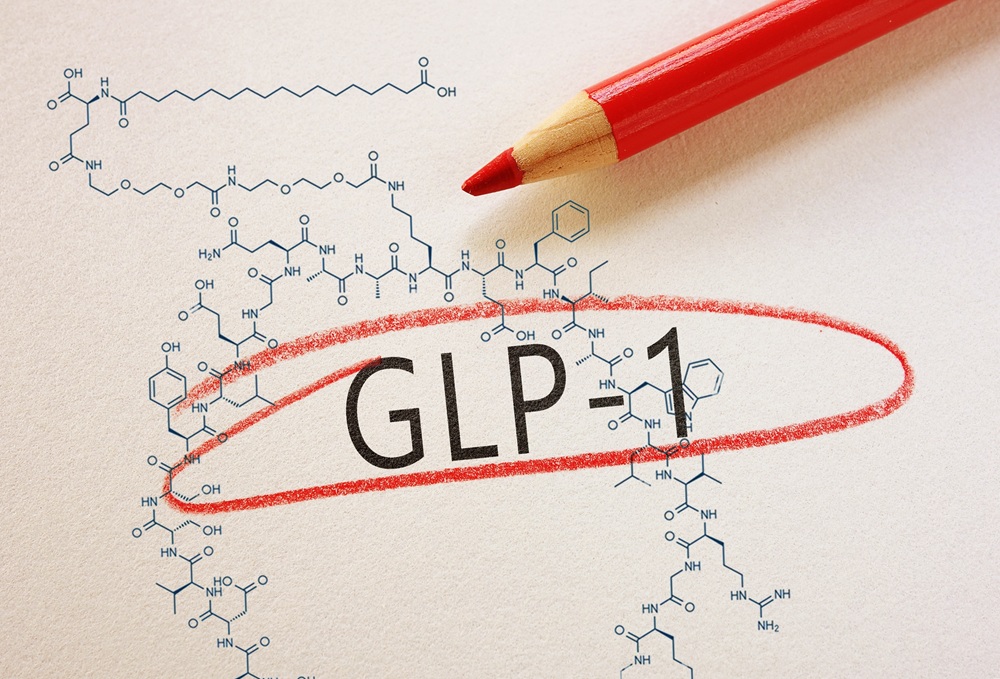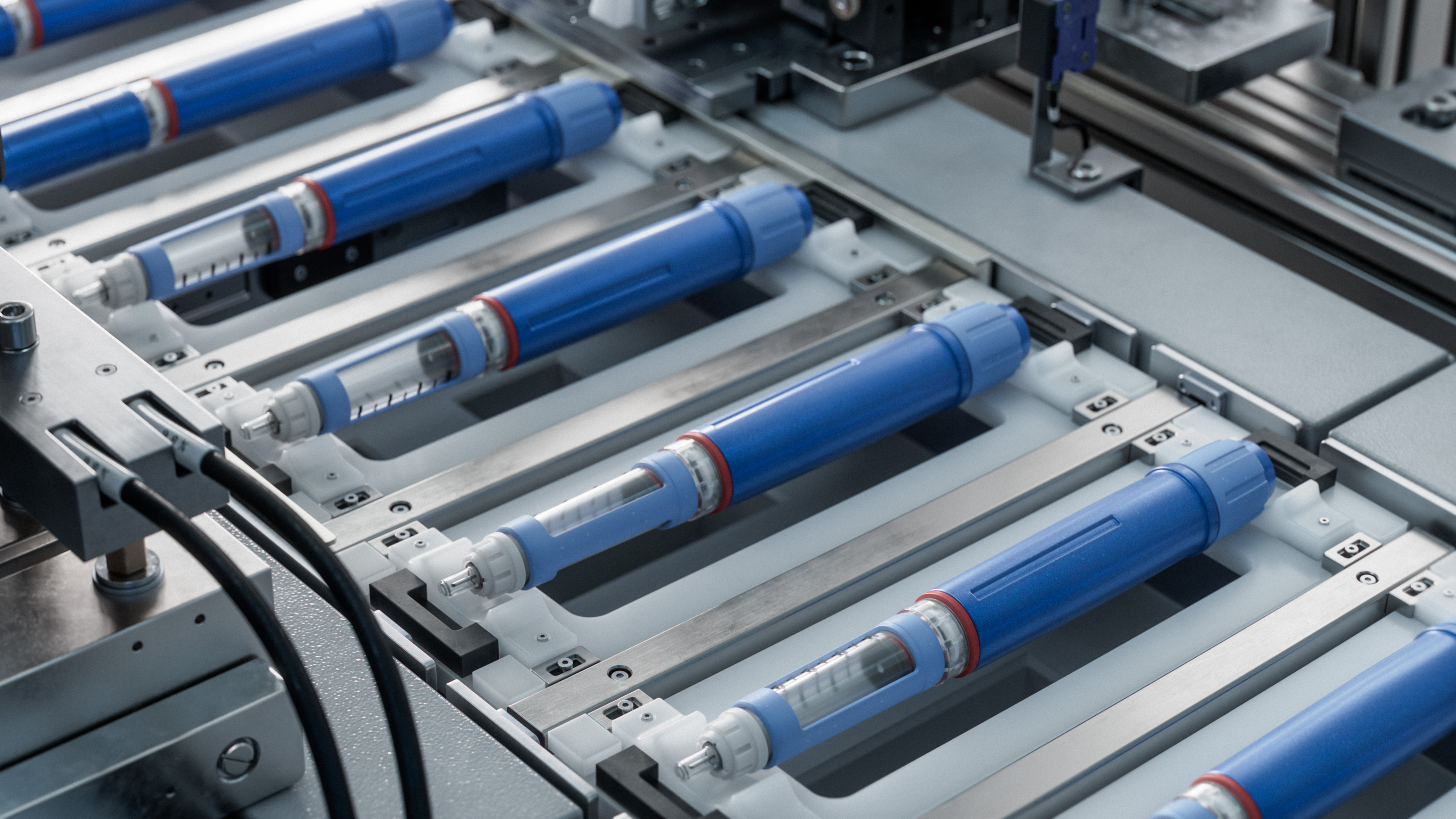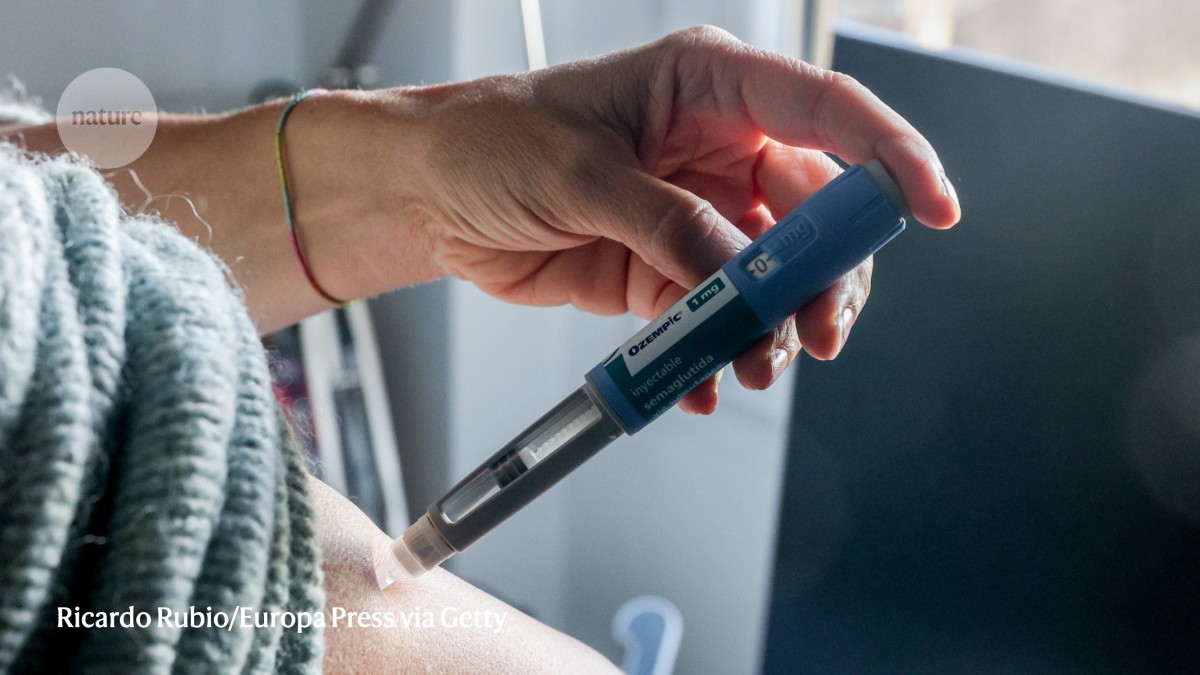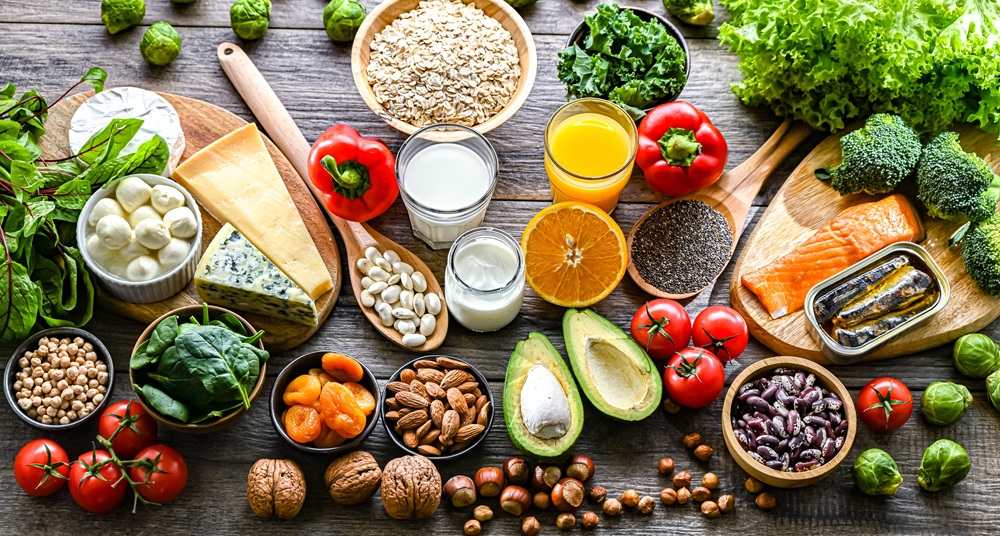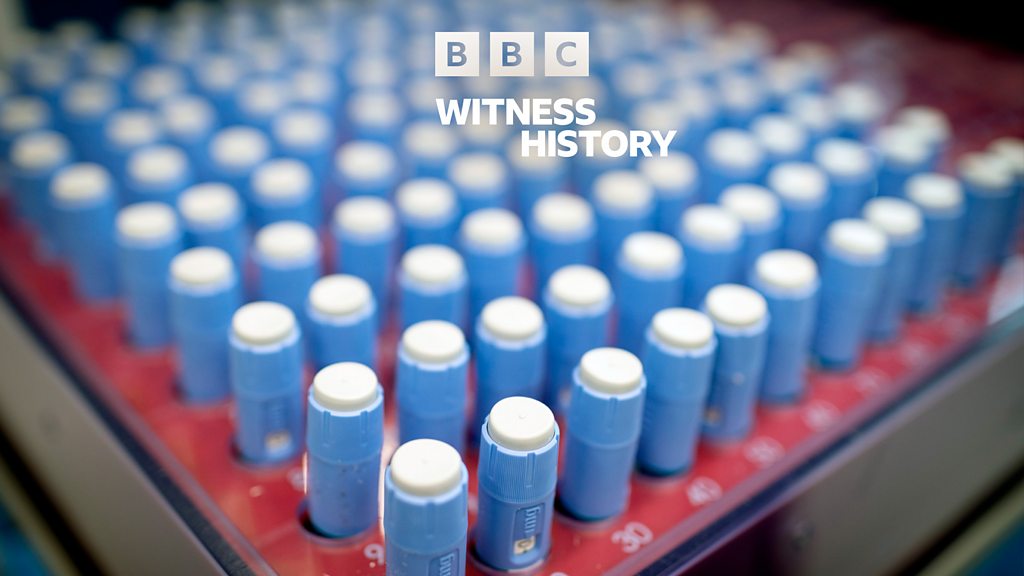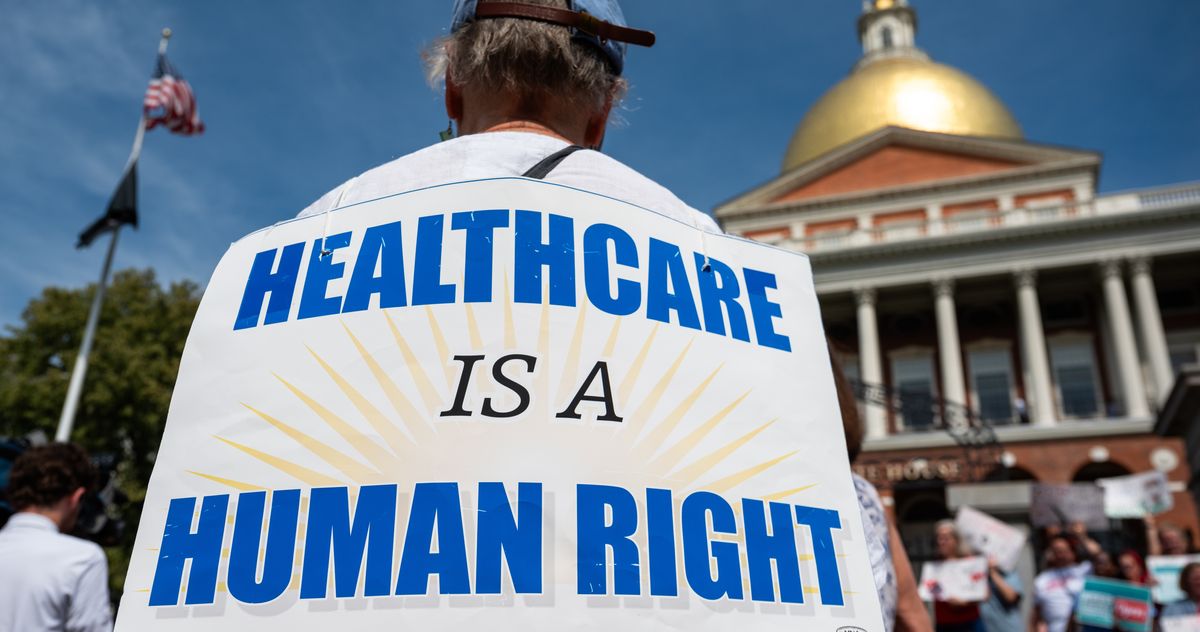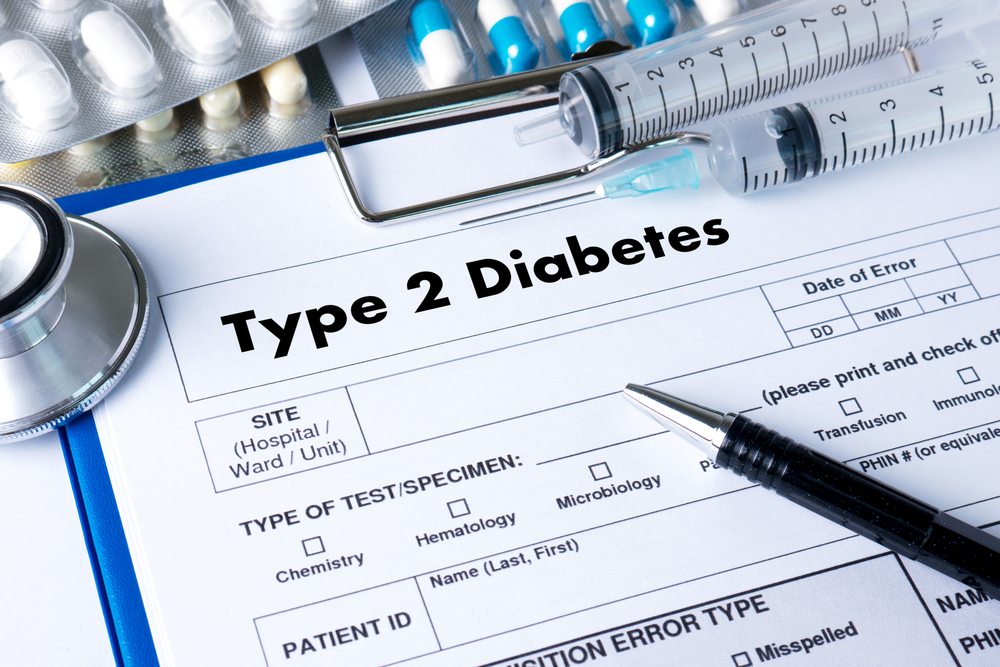fromwww.scientificamerican.com
5 months agoWhy Intermittent Fasting May Do More Harm Than Good
Recent headlines warning of concerns such as heart risks or danger to teenagers have put a new spotlight on a diet trend that has long been the popular epitome of a healthy lifestyle: intermittent fasting. Intermittent fasting's image has been deeply tarnishedand quite rightly so, says Stefan Kabisch, a physician at the endocrinology and metabolic medicine department at ChariteUniversity Medicine Berlin. The hype was never really backed up by good data in humans.
